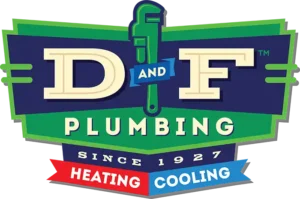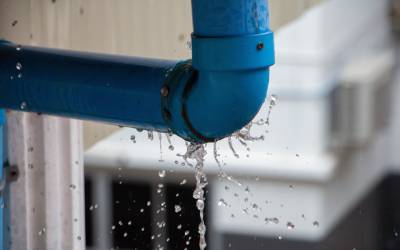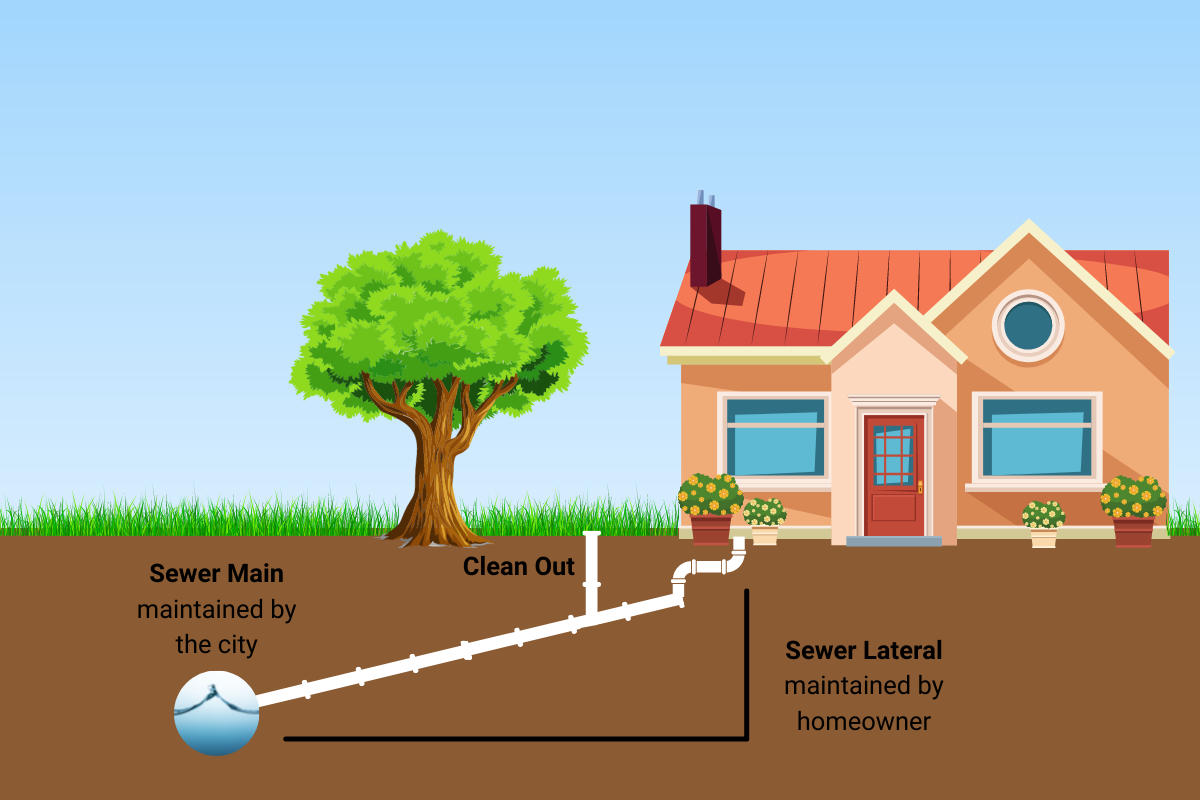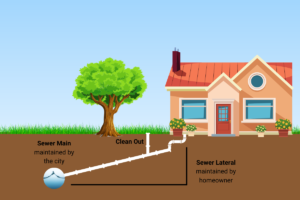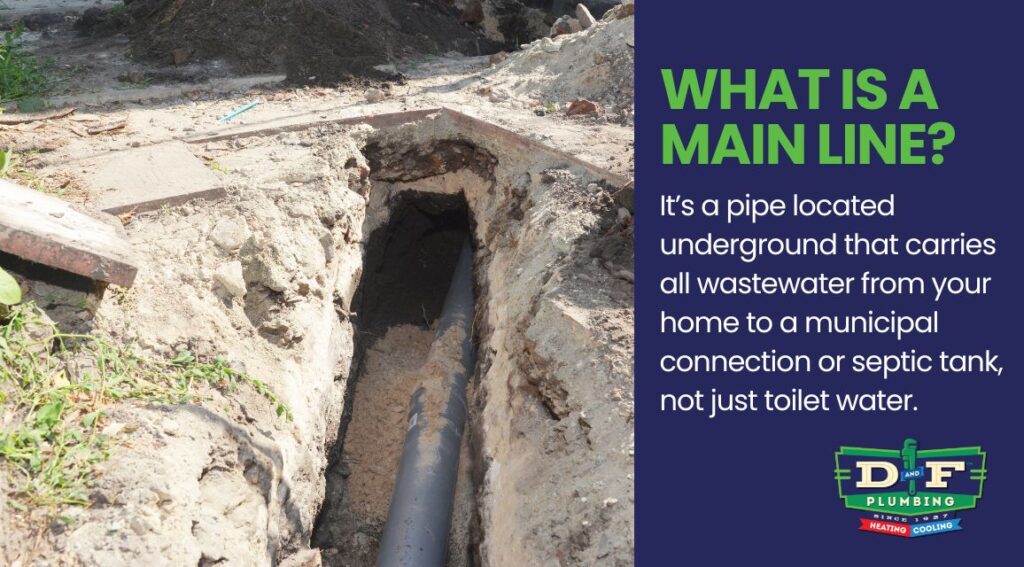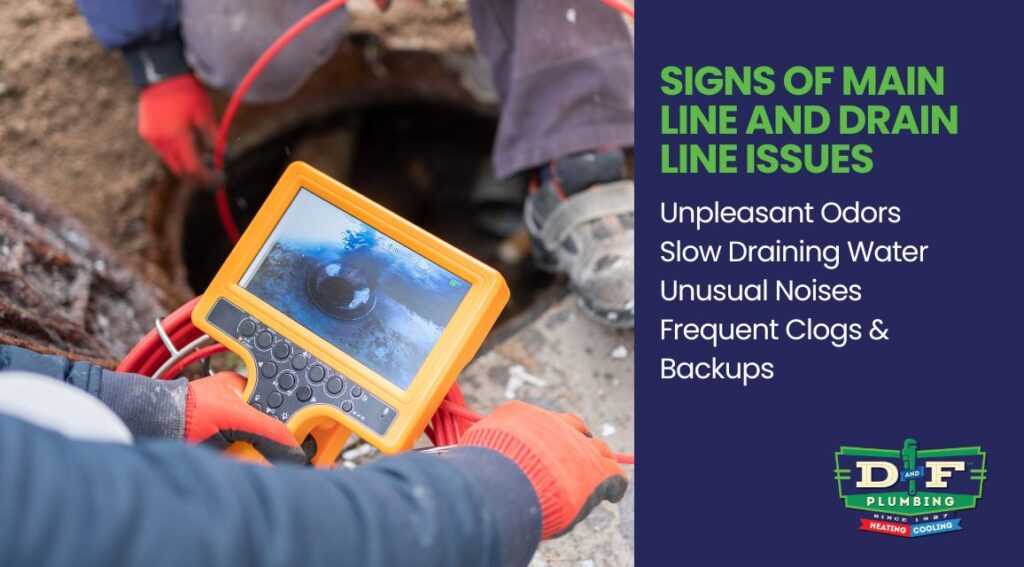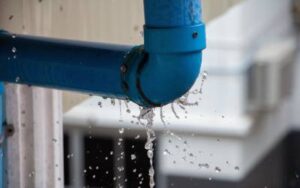
Every day your pipes work to move waste out and transfer clean water in. The average home’s plumbing system works well enough that, at its very best, you hardly notice it at all. But when something goes wrong, suddenly the state of your pipes is all you can think about. Some may be tempted to put off plumbing repairs, especially if the leak appears minor. However, even the smallest drip can waste up to eight gallons of water a day, and that excess moisture can cause a variety of costly and frustrating problems.
At D&F Plumbing, Heating and Cooling, we can help you avoid wasting money on your water bill, while also preventing damage to your home.
How to Find a Water Leak
Not all leaks look the same. And since a good portion of your plumbing reaches into places that you cannot easily access, it’s important to know the signs of a leaking pipe. To do this, it can be as simple as looking back at your past handful of utility bills. Consider the size of your family – a household of four uses less than 12,000 gallons per month on average. Take that statistic and adjust it for the size of your family, and if you use far more than that then you may have a hidden water leak.
You can also detect leaks using your water meter. You can check the meter before and after a two-hour period of using no water in the house, and if the reading differs then you likely have some kind of leak.
What Do Leaking Pipes Damage?
Water waste caused by leaking pipes is a big environmental issue. The Environmental Protection Agency has estimated that over one trillion gallons of water in the United States goes to waste every year due solely to plumbing leaks. On a much smaller, but still substantial scale, a leaking pipe can also cause a great deal of property damage – enough to render a home unsafe to inhabit.
Walls
Your plumbing spider webs behind the walls of your home, and if there’s a leaking pipe you run the risk of damp drywall. This deteriorates the structure of your home over time, and it may attract insects or the development of mold. You can catch this early by detecting a musty odor in certain areas of the home or looking for discolored patches on the walls around you.
Flooring
Much like the walls, excess moisture from plumbing leaks can also damage the flooring of your home. The water that escapes your pipes travels downhill to your floors, resulting in misshapen and discolored boards, or tiles that detach altogether. You don’t want the expense of a full floor replacement, so call a licensed plumber and they can fix the issue before it gets that far.
Fixtures
Leaks in your plumbing don’t only concern drains and pipes – they can also damage the faucets around your home. Faucets and showerheads are especially vulnerable, and if a leak lowers your water pressure it can result in reduced performance. When left unchecked for a long enough period of time, you may have to pay upwards of $500 dollars to replace the broken fixture.
Mold
Mold loves moisture. So, if there’s a leak in your plumbing, that invites mold spores to gather inside the structure of your home. Mold can result in several long-term health issues, as well as immediate irritation to those with allergies or sensitive immune systems. That’s why it’s so important to address leaking pipes sooner rather than later.
Slab Leak Repair
A slab leak occurs when there’s a water leak in the plumbing underneath your concrete foundation. This could be the result of shifts in the ground, mistakes during insulation, or erosion – and it’s a very serious problem. It can cause flood damage to personal belongings, as well as foundation damage due to the movement of the soil. Many plumbing companies in Portland don’t offer slab leak repair, as it can be very labor-intensive. But with D&F Plumbing, Heating and Cooling it’s easy, and our team knows how to reline your pipes without cutting into your concrete at all. What matters most is that you call us as soon as you suspect a leak, because that initiative just might be the thing to save you time, money, and a lot of trouble.
Fix Leaking Pipes With D&F Plumbing, Heating and Cooling
D&F Plumbing, Heating and Cooling boasts 95 years of satisfied customers, and when you look at what we have to offer it’s easy to see why. Unlike our competitors, we’re able to diagnose, detect, and repair a leaking pipe, all in the very same session. We have a team of Journeyman Plumbers that are all licensed, bonded and insured – ready to handle scheduled appointments as well as emergency calls. Our customers trust us to support their homes in much the same way that their foundation does, and we think we can support you too. So stop ignoring that strange smell or new stain in your home. Contact D&F Plumbing, Heating and Cooling today and we’ll get things flowing right again.
